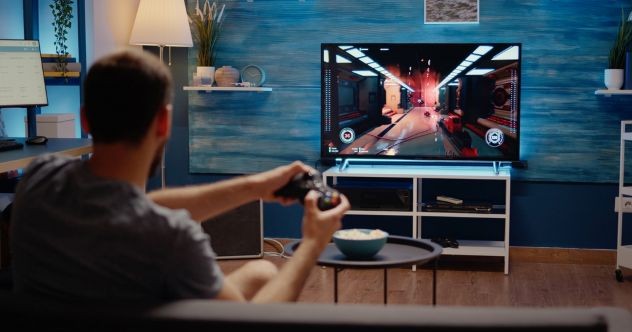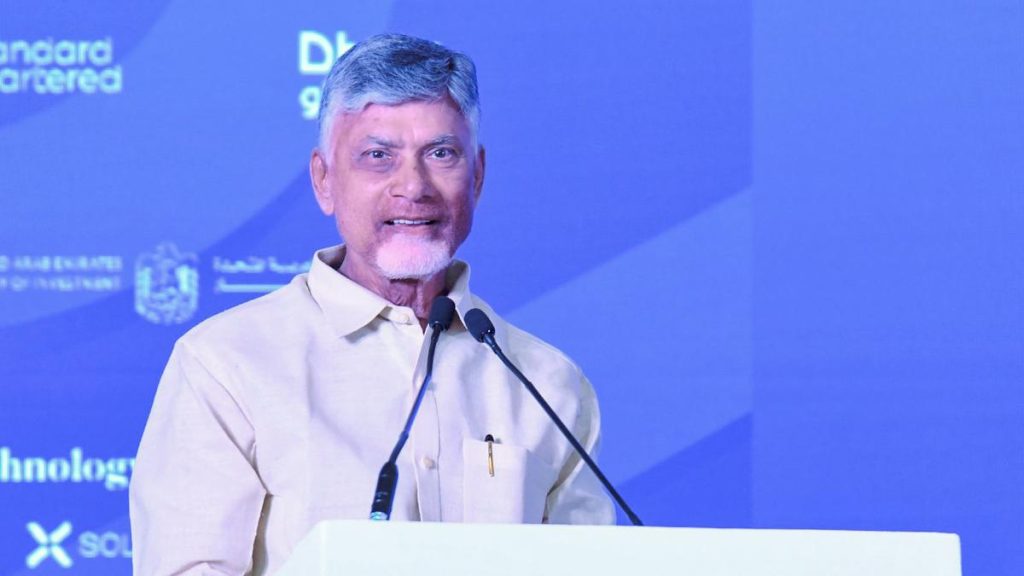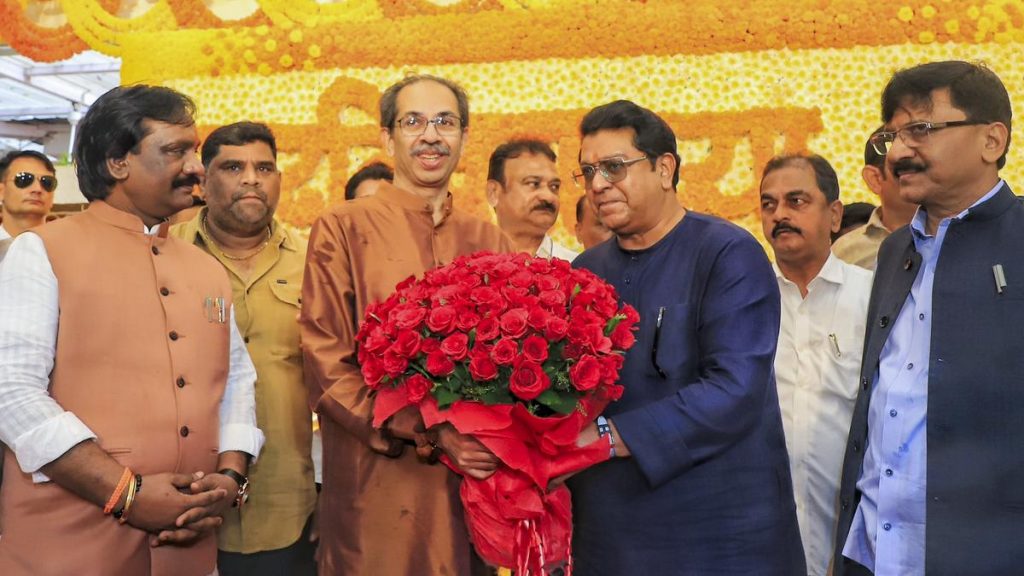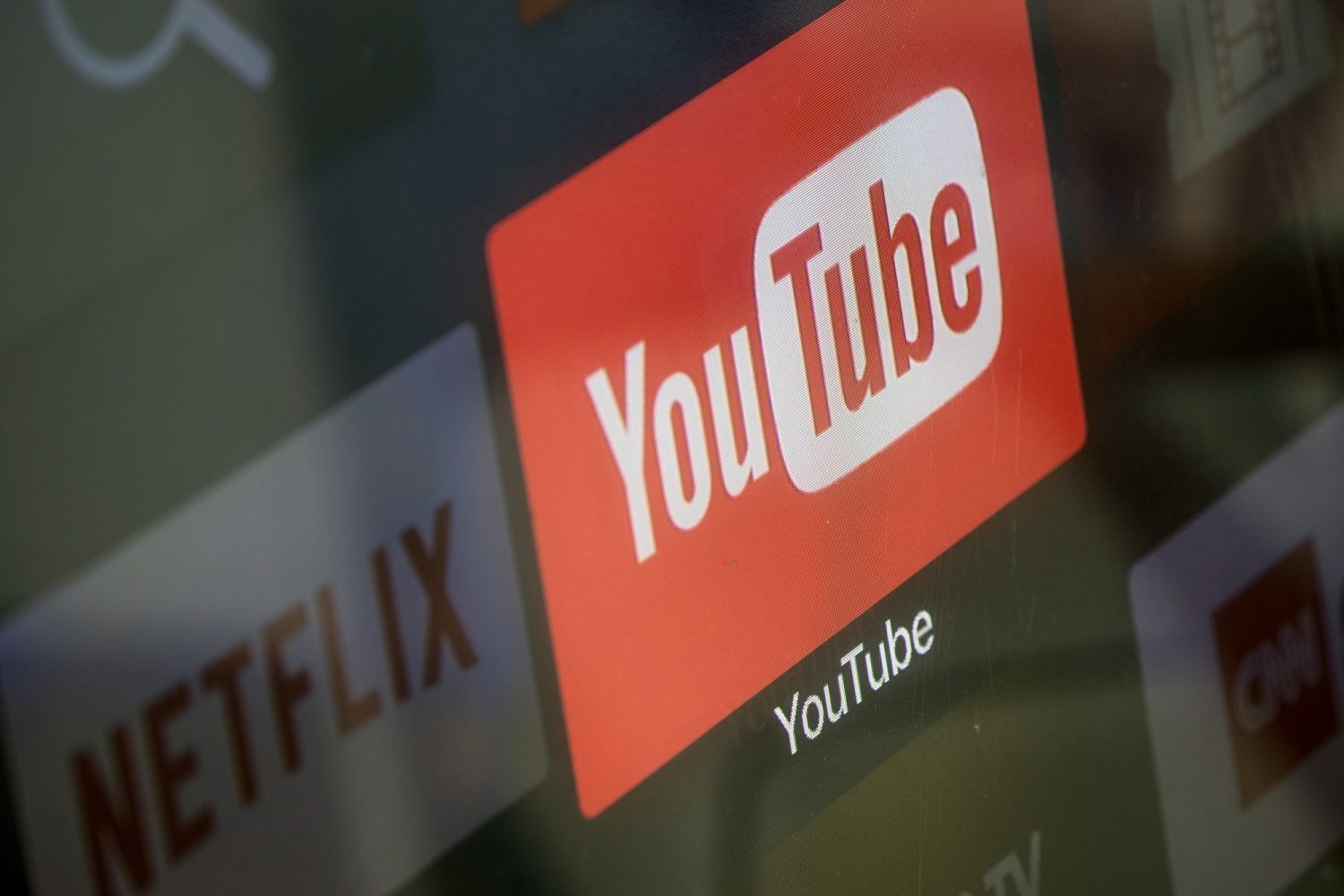Now Reading: 10 Video Games Canceled Just Before Release
-
01
10 Video Games Canceled Just Before Release
10 Video Games Canceled Just Before Release

Quick Summary
- Fable Legends: A $75M project by Lionhead Studios blending multiplayer and RPG elements, canceled in 2016. Microsoft cited strategic shifts; Lionhead was shut down shortly after.
- Star Wars: Battlefront III: Developed by Free Radical Design and reportedly 90% complete, canceled in 2008 due to LucasArts’ financial struggles. Later revived under EA with much criticism for lack of depth.
- Propeller Arena: Sega’s aerial combat game for Dreamcast shelved post-9/11 amidst sensitivity concerns despite being fully developed. Fan roms now circulate online.
- Sam & Max: Freelance Police: Sequel to a cult-classic adventure title,canceled in 2004 due to market changes but later revived as episodic series by Telltale Games.
- Resident Evil 1.5: Early version of Resident Evil 2 scrapped for lacking atmosphere; leaked builds allow fans a glimpse into the abandoned concept.
- Scalebound: A PlatinumGames RPG featuring dragons, canceled in 2017 due to development challenges with Unreal Engine and resource limitations at Microsoft.
- Six Days in Fallujah: Controversial tactical shooter based on Iraq War’s second Battle of Fallujah axed amid backlash over realistic depictions; later revived under a different publisher years later.
- NBA Live 13: EA’s attempt at rebooting its basketball franchise collapsed from quality concerns, signaling the decline of its NBA gaming brand.
- Prey 2: Futuristic bounty-hunting sequel faced delays and publisher clashes before cancellation; Arkane Studios released a reimagined Prey years later with no connection to the original concept.
- Thrill kill: Ultraviolent BDSM-inspired fighting game completed but declined release by EA due to ethical concerns. Its mechanics found life in Wu-Tang: Shaolin Style.
Indian Opinion Analysis
The cancellations described underline critical lessons about creative industries-balancing ambition with practicality-and how public sentiment influences corporate decisions.In cases like Six Days in Fallujah, social optics regarding morally sensitive topics led to shelving promising titles even amid strong developer commitment.
For India, where gaming is growing rapidly as an industry, several implications are worth reflecting on:
- The need for alignment between innovative ideas and technological capabilities (Scalebound, RE1.5).
- Risk management strategies should account for cultural sensitivities evident from global controversies (Propeller Arena), especially as India diversifies into genres requiring representation realism like war or historical narratives.
India’s gaming sector could leverage these cautionary insights while fostering versatility akin to Telltale Games’ revival story (Sam & Max). With increasing international collaborations among Indian studios like Nodding Heads Games (Raji), studying cancellations’ causes offers valuable prevention frameworks en route toward global integration.

























